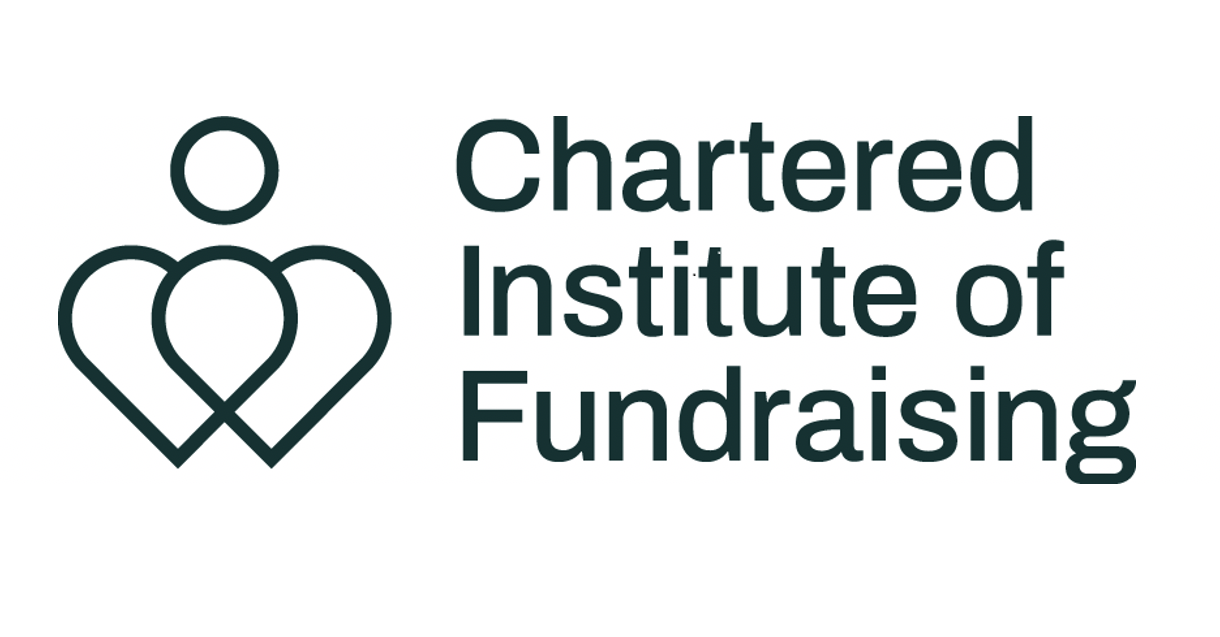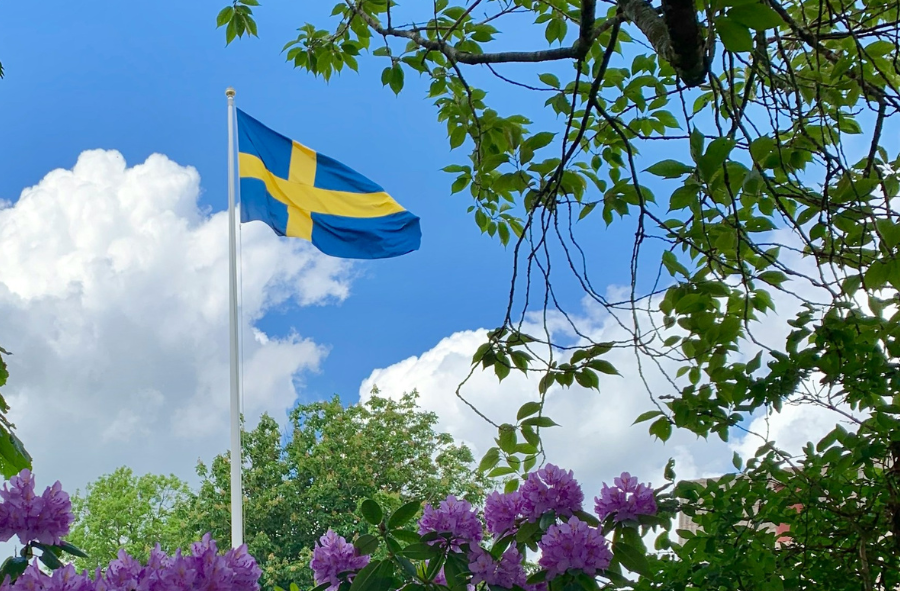
New platform launches to support and grow fundraising in Lithuania
July 7, 2021
Chartered Institute of Fundraising appoints chief executive Katie Docherty
July 30, 2021The Balkan Civil Society Development Network (BCSDN) has published a new report, highlighting that civic space is narrowing in the Western Balkans (Albania, Bosnia and Herzegovina, Kosovo, North Macedonia, Montenegro, and Serbia).
The study reports worrying findings including that, in some areas, severe restrictions and violations have been imposed against the freedom of assembly and expression, and that few legal changes have been introduced to create a more enabling environment for civil society development.
The 2020 edition of the Monitoring Matrix Regional Report on Enabling Environment for Civil Society Development in the Western Balkans stresses that the political and economic circumstances caused by the COVID-19 pandemic have exacerbated the situation, creating profound challenges for the state and the functioning of civil society in the region.

Anja Bosilkova, BCSDN
Anja Bosilkova- Antovska, BCSDN Policy and Advocacy Coordinator, says:
“The space for CSO and civic activism in the Western Balkans has been narrowing for some time now, and the COVID-19 pandemic has brought further challenges for civil society in the region. Our monitoring notes restrictions and violations to the freedoms of assembly and expression, a significant decrease in funding and other types of state support to CSOs’ operations, and shrinking of the space for public dialogue, which all affect the environment and the effective operation of the CSOs. Nevertheless, the report also points to the success of the CSO to serve the citizens, especially the most vulnerable ones, in times of unprecedented crisis.”
According to the findings for 2020, public funding has decreased due to the cancellation or postponement of calls for proposals, with funds being redirected to crisis relief. BCSDN reports that civil society organisations (CSOs) were not ‘properly included’ in the crisis management planning, with a lack of recognition around their role at government level. Problematic anti-money laundering legislation may well be causing difficulties with registration for CSOs and restricting their operation, while a lack of tax incentives means that individual and corporate giving is insufficiently practiced. There is also a lack of policies in place to stimulate employment and volunteering in CSOs.
The report goes on to highlight challenges with the lack of public funding and issues concerning transparency around the distribution of funds. Despite having a vital role in providing social services for a wide range of beneficiaries and protection for vulnerable groups, CSOs are not properly incorporated in the cycle of service development and provision.
The Monitoring Matrix report offers specific recommendations for national governments and stakeholders, including CSOs and donors.
Read the full report here.
Photo by Drini Teta on Unsplash




